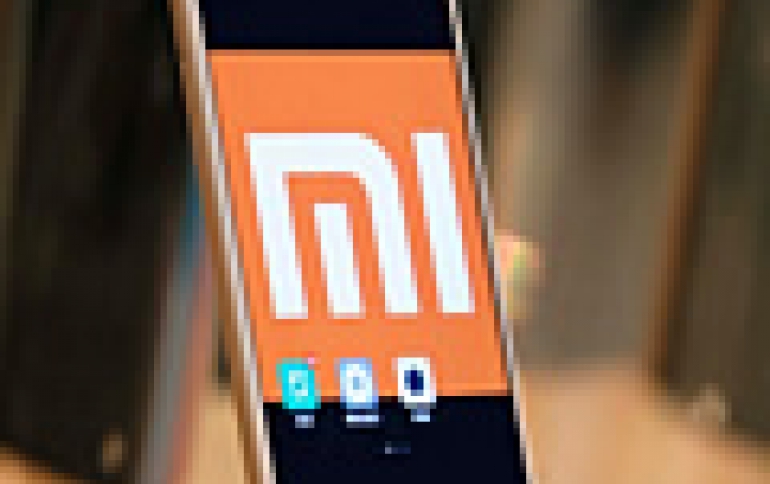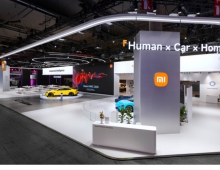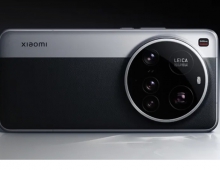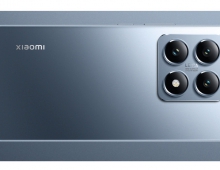
Xiaomi Posts Strong Growth in Three years, Before IPO Filing
The worldwide smartphone market continued to weaken in the first quarter of 2018, with Samsung to regain the first place in the smartphone league table and Xiaomi to provide the only bright spot among the top 10 smartphone vendors.
Canalys says that first quarter smartphone shipments were down 3.4% on the same period in 2017 at 337 million units. A 21% year-on-year decline in the world's largest market, China, has dragged the global market into the red, with growth in markets such as India and Africa unable to offset the fall. Samsung retook first place in the overall smartphone league table, displacing Apple, which led in Q4 2017, while Chinese vendors Huawei, Xiaomi and Oppo maintained their respective third, fourth and fifth positions.

Xiaomi recorded triple-digit percentage growth this quarter. "Xiaomi has done a great job recovering its position in its home market," said Canalys Senior Director Nicole Peng. "While China has been a growth engine and profit driver for Xiaomi's rising service revenue, overseas market expansion has helped it boost market share, both of which will be critical to the success of its IPO." Of Xiaomi's 28.1 million shipments in Q1, close to 57% shipped outside of China. "It is important to note that Xiaomi's rapid expansion will bring with it substantial overheads, which will make sustaining its original lightweight cost structure increasingly difficult."
Apple grew iPhone shipments by 3% year on year by maintaining its shipment strength in its key markets, the US and China. US shipments were up 8% year on year at 16.7 million, while China was relatively flat at 9.3 million, down just 0.6% annually.
Xiaomi's IPO
Xiaomi is bringing its initial public offering to Hong Kong, where it could raise about $10 billion in the largest listing globally in almost four years.
The listing is expected to give Beijing-based, Cayman-domiciled Xiaomi a market value of between $80 billion and $100 billion.
The IPO could be launched as early as the end of June, according to reports.
Xiaomi plans to spend most of the IPO proceeds on three areas: research and development, overseas expansion, and investments, according to its filing.
Alongside smartphones, Xiaomi makes dozens of internet-connected home appliances and gadgets, including scooters, air purifiers and rice cookers.
The company boasts large gross margins - 60 percent last year - from internet services, including gaming and advertising linked to its homegrown user interface, MIUI, which had 190 million monthly active users as of March 2018. Yet margins on its smartphones are very thin.





















